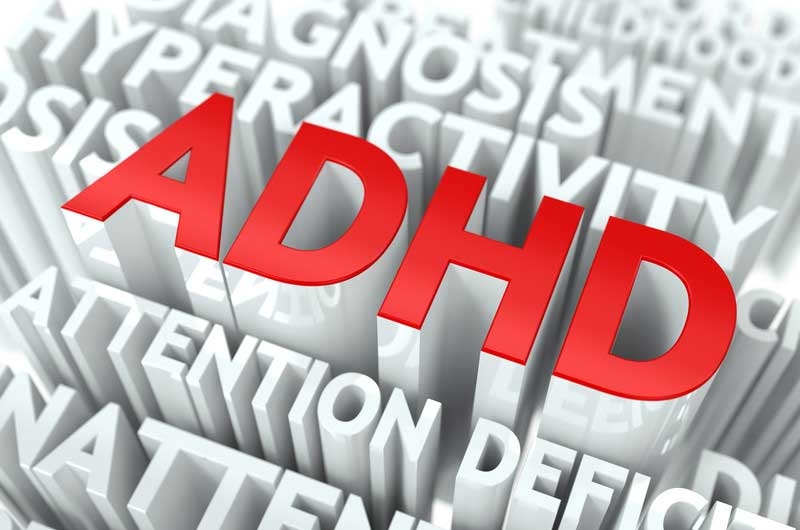Time management can be a significant challenge for individuals with Attention Deficit Hyperactivity Disorder (ADHD). The core symptoms of ADHD, including difficulties with attention, organization, and impulse control, can impact the ability to manage time effectively. Building structured and personalized routines is a key strategy in helping individuals with ADHD navigate daily tasks and responsibilities. This article explores the importance of time management for individuals with ADHD and provides practical strategies for building effective routines.
Understanding Time Management Challenges in ADHD:
Executive Function Deficits:
ADHD is associated with executive function deficits, which include difficulties in planning, organizing, initiating tasks, and maintaining focus. These deficits contribute to challenges in managing time efficiently.
Time Perception Issues:
Individuals with ADHD may experience time perception issues, leading to a distorted sense of time. This can result in underestimating the time required for tasks and struggling with punctuality.
Impulsivity and Distractibility:
Impulsivity and distractibility are hallmark symptoms of ADHD. These traits can lead to frequent interruptions, difficulty staying on task, and challenges in prioritizing activities.
Strategies for Building Effective Routines:
Establish Consistent Daily Routines:
Consistent routines provide structure and predictability. Establishing a daily schedule with designated times for waking up, meals, work or school tasks, and bedtime helps individuals with ADHD create a framework for their day.
Use Visual Schedules:
Visual schedules, charts, or planners can serve as visual cues for daily activities. Color-coding tasks or using symbols enhances clarity and makes it easier to follow the schedule.
Prioritize Tasks:
Teach the importance of prioritization. Help individuals with ADHD identify and prioritize tasks based on urgency and importance. Breaking down tasks into smaller, manageable steps can make them more approachable.
Set Realistic Time Goals:
Encourage setting realistic time goals for tasks. Individuals with ADHD may benefit from using timers or alarms to create a sense of urgency and improve time perception.
Create a Dedicated Workspace:
Designate a specific workspace for tasks, whether it's for work, studying, or other activities. This helps create a focused environment and signals the brain that it's time to concentrate.
Build in Breaks:
Recognize the need for breaks. Schedule short breaks between tasks to prevent burnout and allow for movement, which can help individuals with ADHD regulate their energy levels.
Utilize Technology:
Leverage technology tools for time management. Calendar apps, task management apps, and reminders on smartphones can be invaluable in keeping individuals on track.
Incorporate Time-Management Strategies:
Teach specific time-management strategies, such as the Pomodoro Technique (working in focused intervals with breaks) or the Two-Minute Rule (if a task takes less than two minutes, do it immediately).
Establish Evening Routines:
Evening routines are as crucial as morning routines. Encourage the preparation of materials for the next day, setting out clothes, and organizing backpacks or work materials in the evening.
Involve the Individual in Planning:
Involve individuals with ADHD in the planning process. Discuss and collaborate on the creation of routines, allowing them to have a sense of ownership and responsibility.
Addressing Procrastination:
Break Down Tasks:
Procrastination often occurs when tasks seem overwhelming. Break down larger tasks into smaller, more manageable steps to make them less daunting.
Use a Task Timer:
Set a timer for a short period, such as 15 minutes, and commit to working on a task during that time. The finite timeframe can make the task feel more manageable.
Reward Systems:
Implement a reward system to reinforce task completion. Celebrate accomplishments, and use positive reinforcement to motivate individuals to tackle tasks promptly.
Accountability Partners:
Having an accountability partner, whether a friend, family member, or colleague, can provide external motivation and support in overcoming procrastination.
Building Flexibility into Routines:
Allow for Adjustments:
Recognize that flexibility is essential. Life is unpredictable, and routines may need to be adjusted. Teach individuals with ADHD to adapt and modify their schedules when necessary.
Learn from Setbacks:
Encourage a positive mindset when setbacks occur. Rather than viewing disruptions as failures, help individuals learn from the experience and adjust their routines accordingly.
Self-Reflection:
Foster self-reflection. Encourage individuals with ADHD to reflect on their routines and identify what is working well and what may need adjustment. This self-awareness contributes to ongoing improvement.
Seeking Professional Support:
Therapeutic Support:
Individuals with ADHD may benefit from therapeutic support. Cognitive-behavioral therapy (CBT) and coaching can provide tailored strategies for improving time management skills.
Medication Management:
In some cases, medication may be part of the treatment plan for ADHD. Consultation with healthcare professionals, including psychiatrists, can help determine if medication is a suitable option.
Collaboration with Educators:
Collaborate with educators to ensure that strategies for time management are consistent between home and school. This collaborative approach supports the individual's success in various settings.
Conclusion:
Effective time management is a crucial skill for individuals with ADHD, and building structured routines plays a key role in developing this skill. By implementing practical strategies, addressing procrastination, building flexibility into routines, and seeking professional support when needed, individuals with ADHD can enhance their ability to manage time and navigate daily tasks more successfully. Parental guidance, collaboration with educators, and a supportive environment contribute to the development of effective time management skills in individuals with ADHD.


